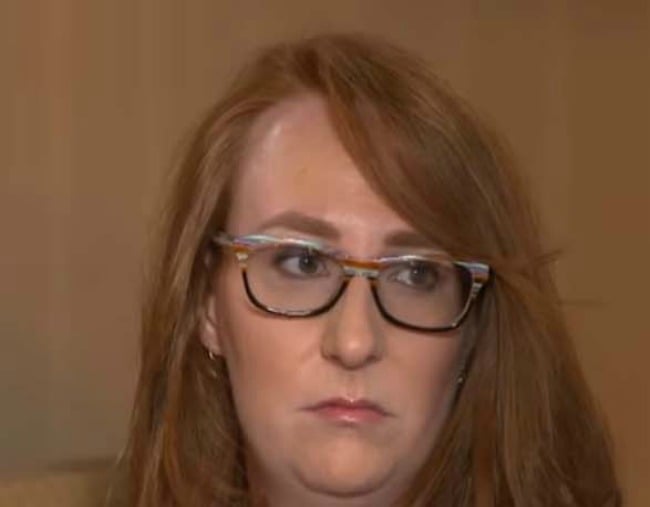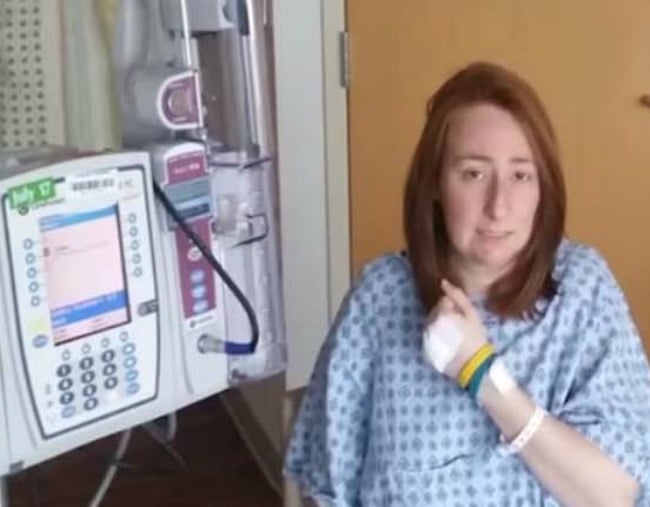
In May this year, Kate Plants organised a memorial service. She was grieving the loss of her five embryos.
Around 4000 embryos and eggs were destroyed when the temperature rose in a storage tank at a fertility centre in Cleveland, Ohio, over a weekend in March.
Plants had her embryos frozen four years ago, before having her ovaries removed as part of treatment for cancer. When the embryos were destroyed, she lost her chance of having biological children.
She and her husband had already decorated a nursery and talked about names. They decided they liked Autumn for a girl.
“I think about who they could have been and what they would have been like,” she told CNN earlier this year. “Those were our future children.”



Top Comments
Everyone mourns differently. These people absolutely have the right to feel sad about the loss of their would-be children. I can't believe how people can be as insensitive as those commenters.
I think that these people can mourn however they like and the people attacking them are pretty disgusting, in my opinion. Although these obviously aren't babies, they represented something to this couple, they had hopes and dreams pinned on them and shouldn't be criticised for wanting to mourn that. They also deserve compensation for their loss. They would have been paying for these to be stored and had every right to expect that they would get to use them at some point in the future.
I mean, really, what do you get out of attacking these people during such a difficult time?
Ah...compo. That would be an interesting one. Would be interested to see how they sue - breach of contract, pain and suffering but not sure they could put a "price" on the embryoes and eggs.